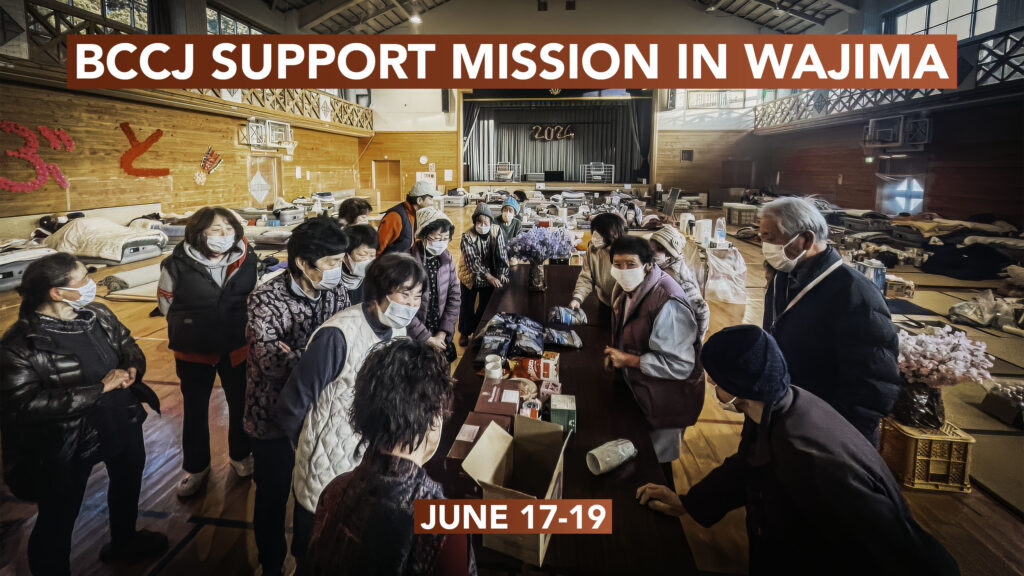Member? Please login
Twenty years of Japan–UK science collaboration

Written by Sterling Content
December 14, 2018
Community and Business
The Millennium Science Forum (MSF) has marked the 20th anniversary of its Sir Martin Wood Prize with a special ceremony in Tokyo, in November. The event was attended by scientific experts from Japan and the UK as well as representatives of both countries’ governments, all of whom praised the prize for boosting UK–Japan ties. Named after esteemed British engineer and co-founder of Oxford Instruments plc, Sir Martin Wood CBE, 91, the annual prize was created to support the MSF with its three core activities: to promote research in condensed matter science in Japan; to motivate young researchers in the field and to increase scientific exchange between Japan and the UK. Each nominee is therefore required to be a Japan-based researcher under 40 years of age at the time of application.
In addition to a reward of ¥500,000, the prize offers an opportunity for the winner to visit the UK for a lecture tour, as well as to take part in discussions with their peers and Sir Martin. To date, the recipients have given 82 Sir Martin Wood Prize Lectures at universities across the country. During their stay, they also visit the facilities of scientific research equipment manufacturer Oxford Instruments—which supports the MSF—and sites of scientific or cultural importance. These include the birthplace of Sir Isaac Newton, in Lincolnshire.
In November, Yoshihiko Okamoto, associate professor at Nagoya University, beat off competition from 17 entrants to become the 2018 recipient of the prestigious prize, which is endorsed by 11 academic societies.

He was recognised by the selection committee—comprising representatives from Tokyo Institute of Technology, RIKEN, The University of Tokyo, Tohoku University and Tokyo University of Science—for his research on novel transition metal compounds based on the unique crystal and electronic structure. In his acceptance speech and lecture, Okamoto put forward that these compounds have launched a new era in condensed matter physics.
According to Yoshiyuki Chihara, deputy director general of the research promotion bureau at Japan’s Ministry of Education, Culture, Sports, Science and Technology, it is such research that is “truly opening up [Japan’s] bright future in science and technology.”Speaking at the ceremony, he praised the award for “breaking new ground” in science over the past 20 years and said the MSF has played an “important role in science and technology cooperation between the UK and Japan.”Tony Ford of Oxford Instruments K.K. agreed, pointing out that “the MSF has strengthened UK–Japan collaboration in scientific research and research-based industry and is a successful illustration of Science Diplomacy.”
What’s more, the prize allows international relationships to be formed in the early stage of a scientist’s career, supporting long-term bilateral collaborations, noted British Ambassador to Japan Paul Madden CMG in the prize’s commemorative 20th anniversary booklet.Sir Martin, who provided a message for the ceremony, expressed his “admiration” for the winners’ work and his hope that the prize “will continue to encourage and reward young scientists [in condensed matter physics] for many years to come.”






